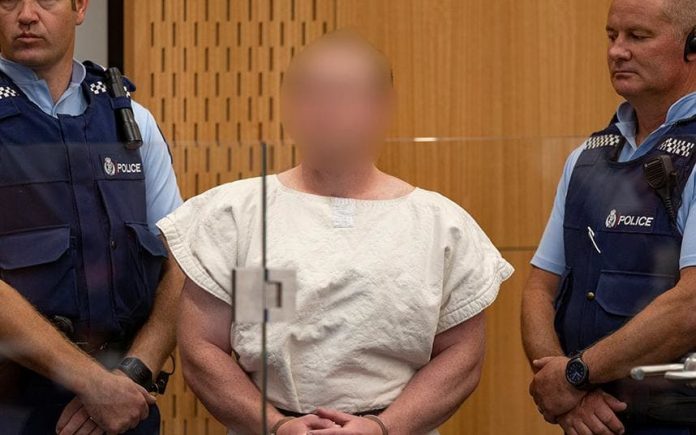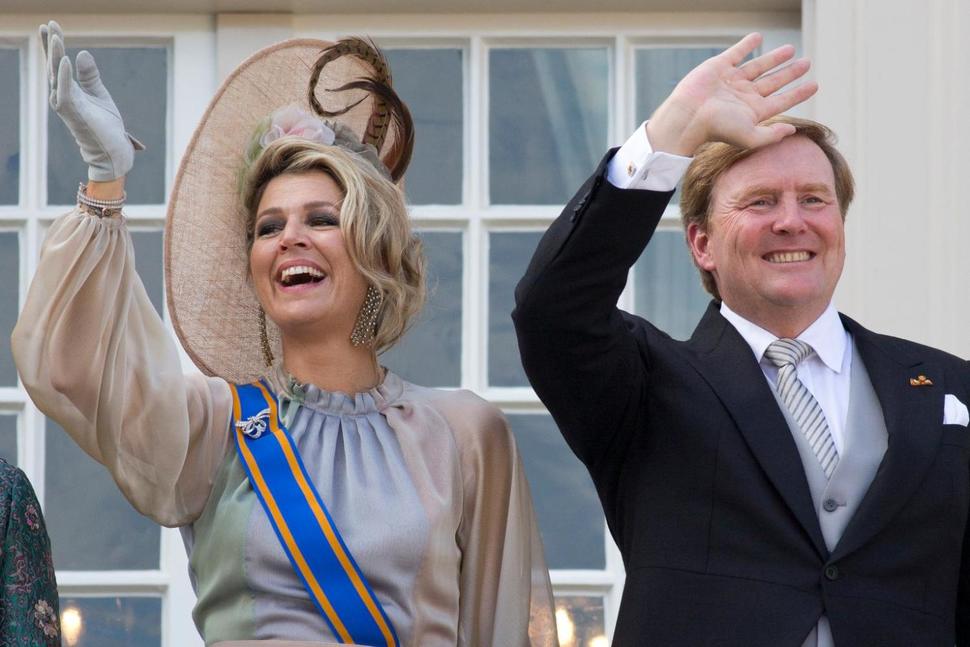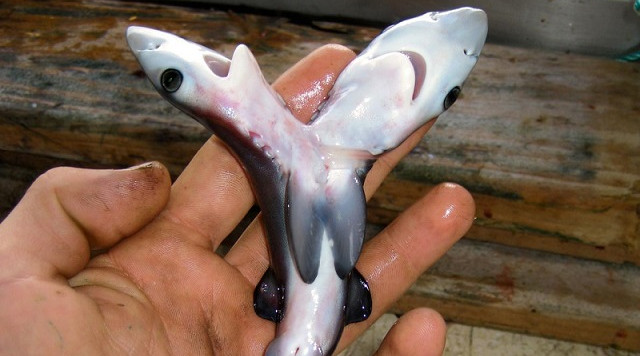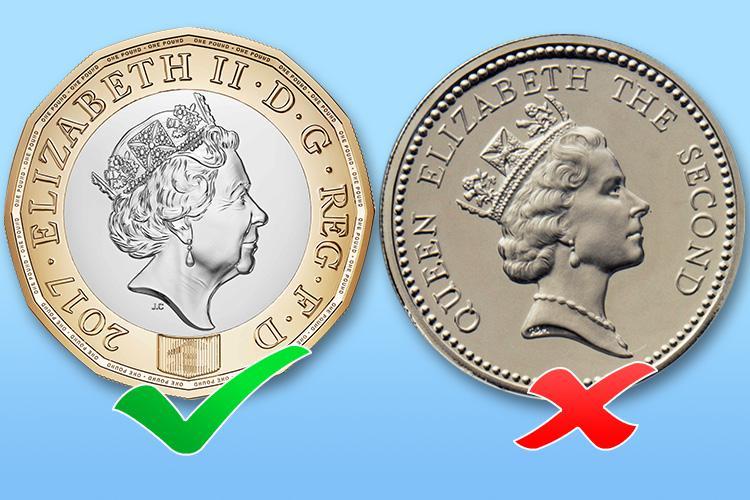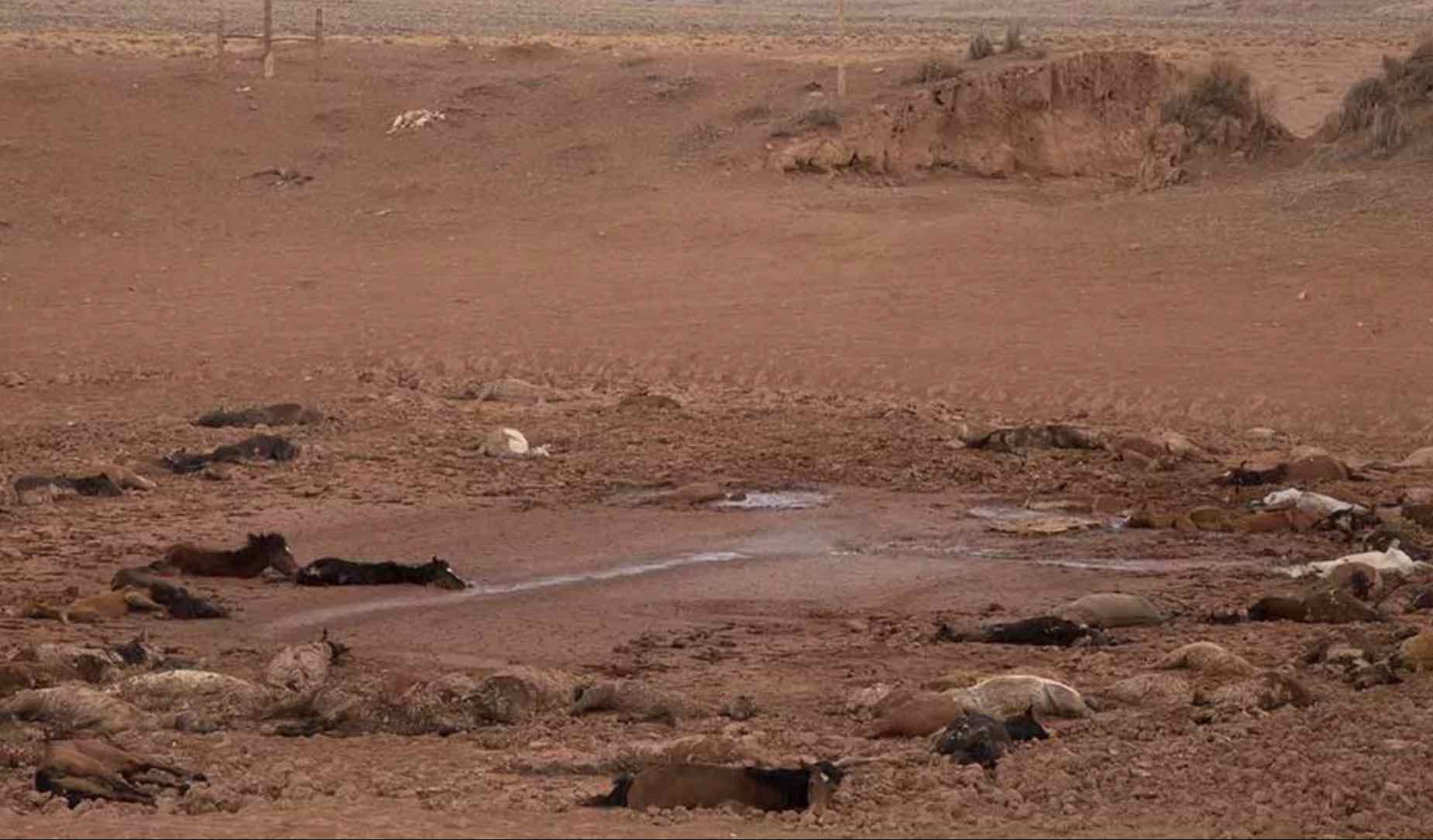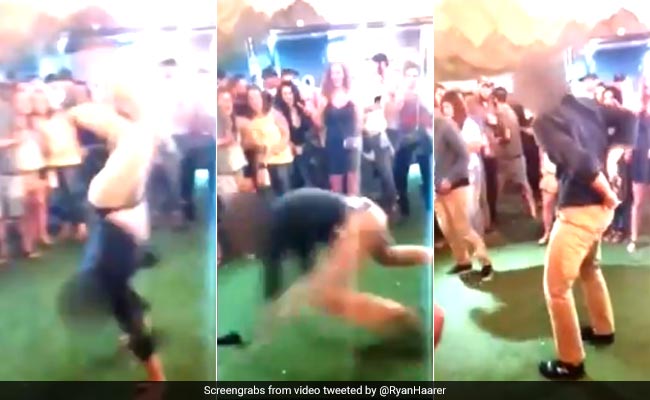Just as normalcy was returning to Quebec City’s largest mosque, its members find themselves reliving the horror of the Jan. 29, 2017, shooting that left six Muslim men dead.
A massacre in Christchurch, New Zealand in which 49 people died in two mosques grimly echoes the Quebec City tragedy. As was the case in Quebec, the New Zealand attack was reportedly carried out by a heavily armed, anti-immigrant white man bent on killing Muslims.
The suspect in Friday’s rampage, a 28-year-old white supremacist, appears to have been influenced by Quebec City shooter Alexandre Bissonnette, who was sentenced in February to life in jail without the possibility of parole for 40 years.
“Life had returned to normal, people had started to breathe, to rest, our activities had resumed,” Boufeldja Benabdallah, president and co-founder of the Quebec City mosque, told the Montreal Gazette Friday.
“Now with this, we again have to rethink security, vigilance and to relive the pain. People are remembering the funerals, the weeks some spent in hospitals, the children who don’t have their fathers. Many things. A great weight that people are feeling once again today. It’s very, very painful.”
But “we are also thinking of them in New Zealand,” Benabdallah said. “In the same way that society thought about us, we also are thinking of the families over there living through this. We are sending them all our sympathy and condolences.”
Using the name Brenton Tarrant, the New Zealand suspect posted photos online, including one showing a rifle magazine featuring Bissonnette’s name. The suspect also posted a 74-page manifesto portraying Muslims as invaders.
Bissonnette ‘troubled’
Bissonnette, who is appealing his sentence, reacted to the news via his lawyers, Charles-Olivier Gosselin and Jean-Claude Gingras.
In a statement, the lawyers said the 29-year-old Quebec City killer is “deeply affected by this event and particularly troubled by the fact that his name is associated with” it.
They said “Bissonnette in no ways seeks to be imitated, nor to serve as a model for anyone who wishes to perpetuate an act of violence or to follow in his footsteps. … There is no justification for committing such acts of violence against others.”
Evidence from Bissonnette’s computer showed he repeatedly sought content about anti-immigrant, alt-right and conservative commentators, mass murderers and U.S. President Donald Trump, and about the arrival of Muslim immigrants in Quebec.
Maxime Fiset, a reformed Quebec City neo-Nazi who now works to counter extremism, was not surprised by the alleged New Zealand’s shooter’s apparent reference to Bissonnette.
“In general, when an extreme-right terrorist strikes, they know their life ends there, it’s a passage to martyrdom for them,” said Fiset, a project coordinator with the Centre for the Prevention of Radicalization Leading to Violence.
The New Zealand attacker’s reference to Bissonnette and several other violent extremists would have been “a way for him to inspire copycats.
“The goal of this is to inspire other people to commit similar acts. It’s very similar to the approach of the Rahowa — Racial Holy War — that existed in the skinhead movement when I was in it.
“It’s the belief that if you undertake enough actions that are sufficiently violent, at a certain point tension will be so exacerbated that a so-called racial war will be inevitable.”
There is no single cause of extremist violence, Fiset said. “A succession of choices and life circumstances” lead to people becoming vulnerable to radicalization and violence, he said.
Fiset said there is a fringe of “young white men who are disillusioned, who don’t believe in the promises of neo-liberalism and multiculturalism, who feel rejected and who are gathering and creating cesspools of anger.”
Some of them live vicariously through mass murderers such as Bissonnette, Dylann Roof and Elliot Rodger, Fiset said.
Police boost surveillance
Montreal police on Friday said they have increased surveillance of all local religious buildings in the wake of the pair of attacks on mosques in New Zealand.
“In the wake of any incident like this we assign special attention to all religious buildings,” said police spokesperson Raphaël Bergeron. “Patrols are made more often than usual in these areas.”
Canadian politicians condemned the attack.
Prime Minister Justin Trudeau expressed his sympathies on Twitter: “Attacking people during prayers is absolutely appalling, and Canada strongly condemns today’s shootings in New Zealand. We join New Zealanders and Muslim communities around the world in grieving.”
Quebec Premier François Legault referred to the Quebec City shooting in his reaction to the news from New Zealand, where, he noted, authorities say “the shooter targeted only Muslims and was known to have far-right sympathies.”
“Like Quebec and Canada, New Zealand is a peaceful place where people want to live in safety and peace,” Legault said. “We have recently experienced a tragedy that has affected everyone in Quebec. … There is no room for extremism in our societies; there is no room for intolerance. We will not allow violence to take root in our democratic societies.”
Montreal Mayor Valérie Plante announced that city hall flags will be at half-staff to show solidarity with the victims.


